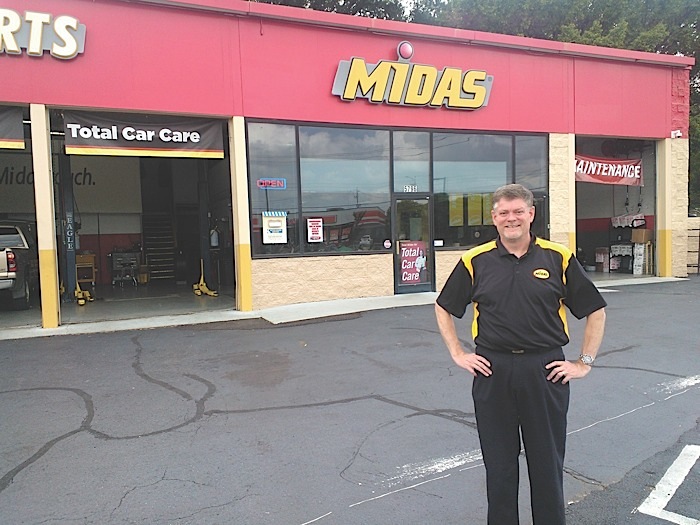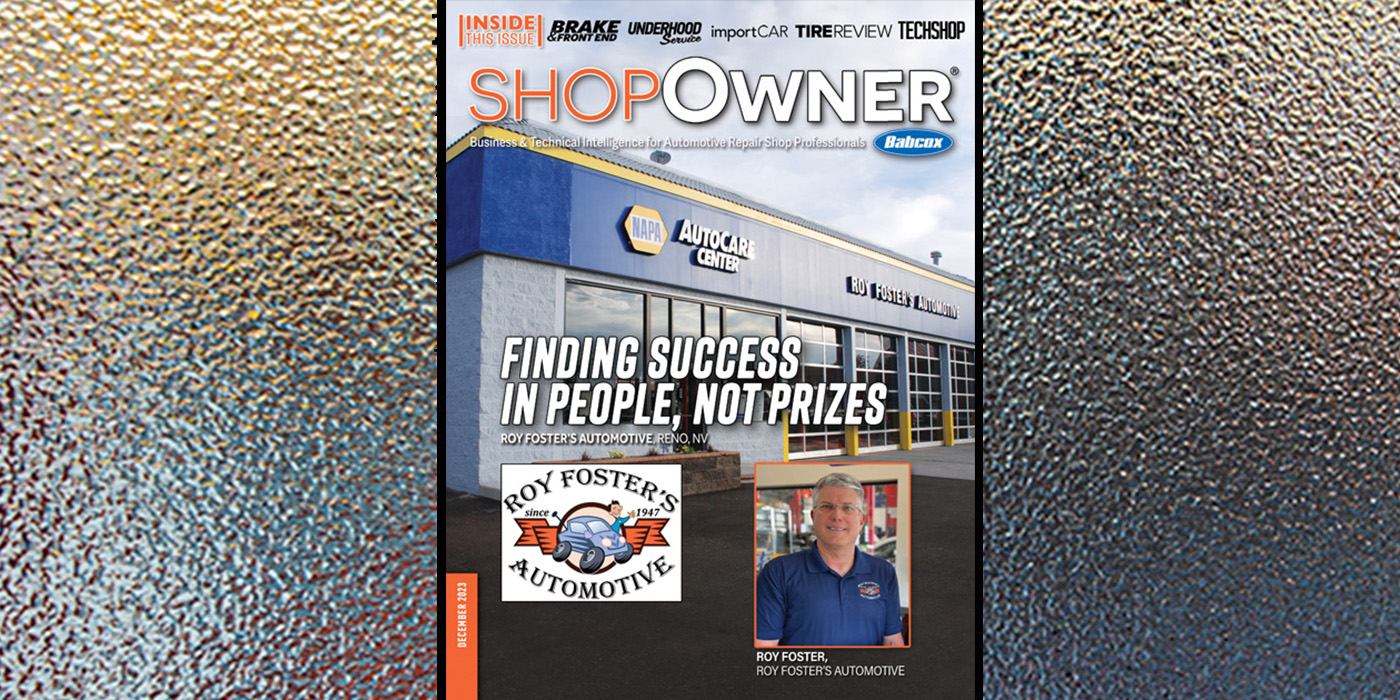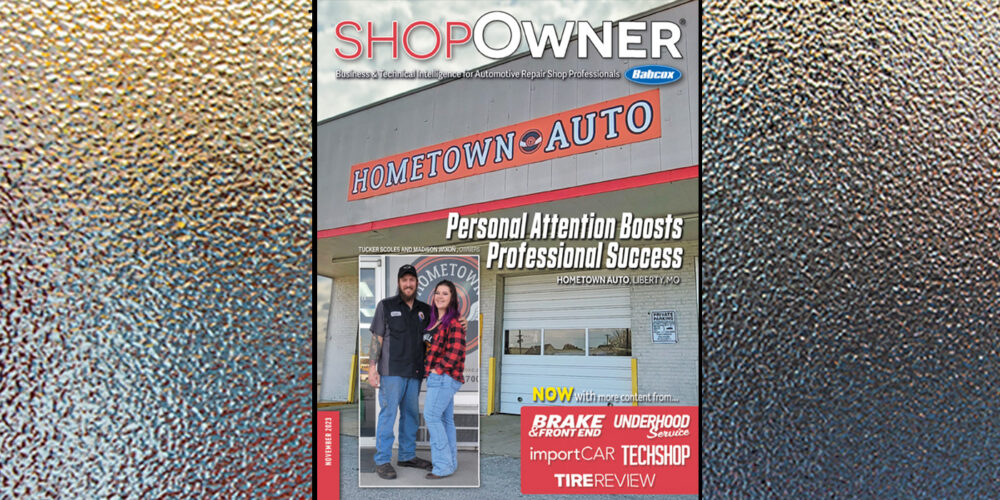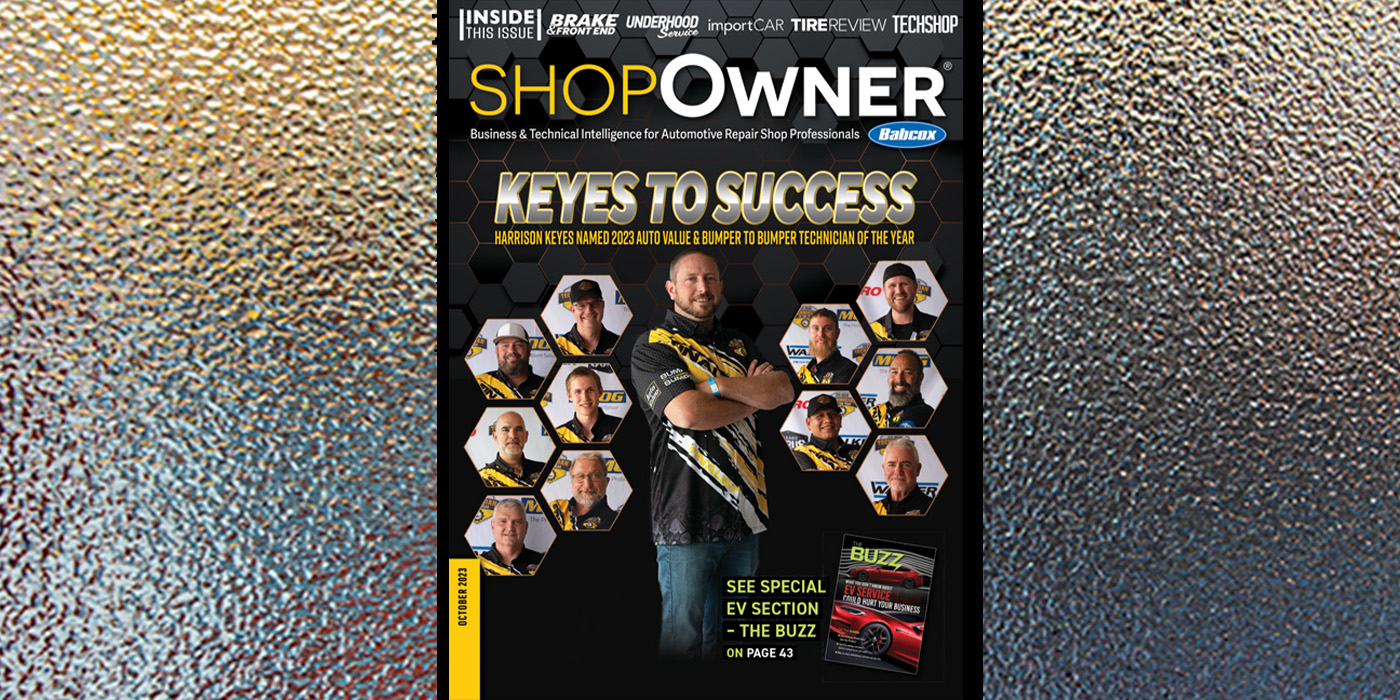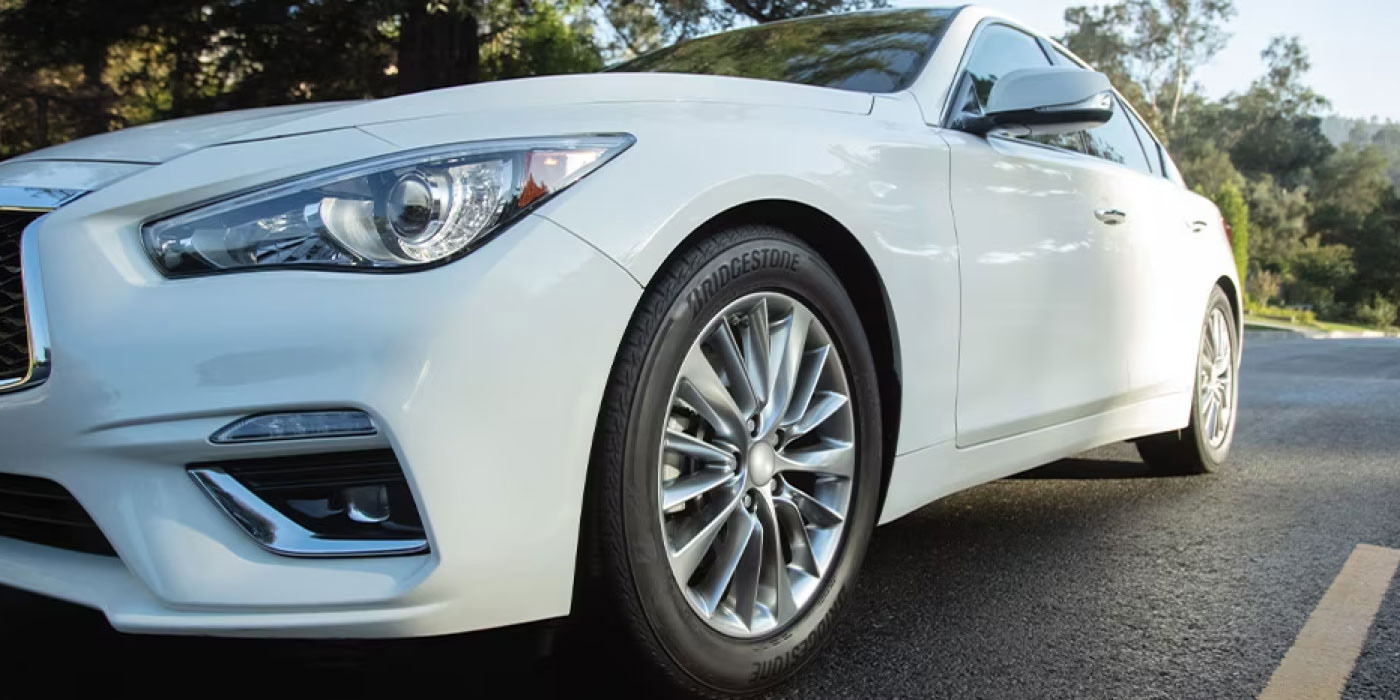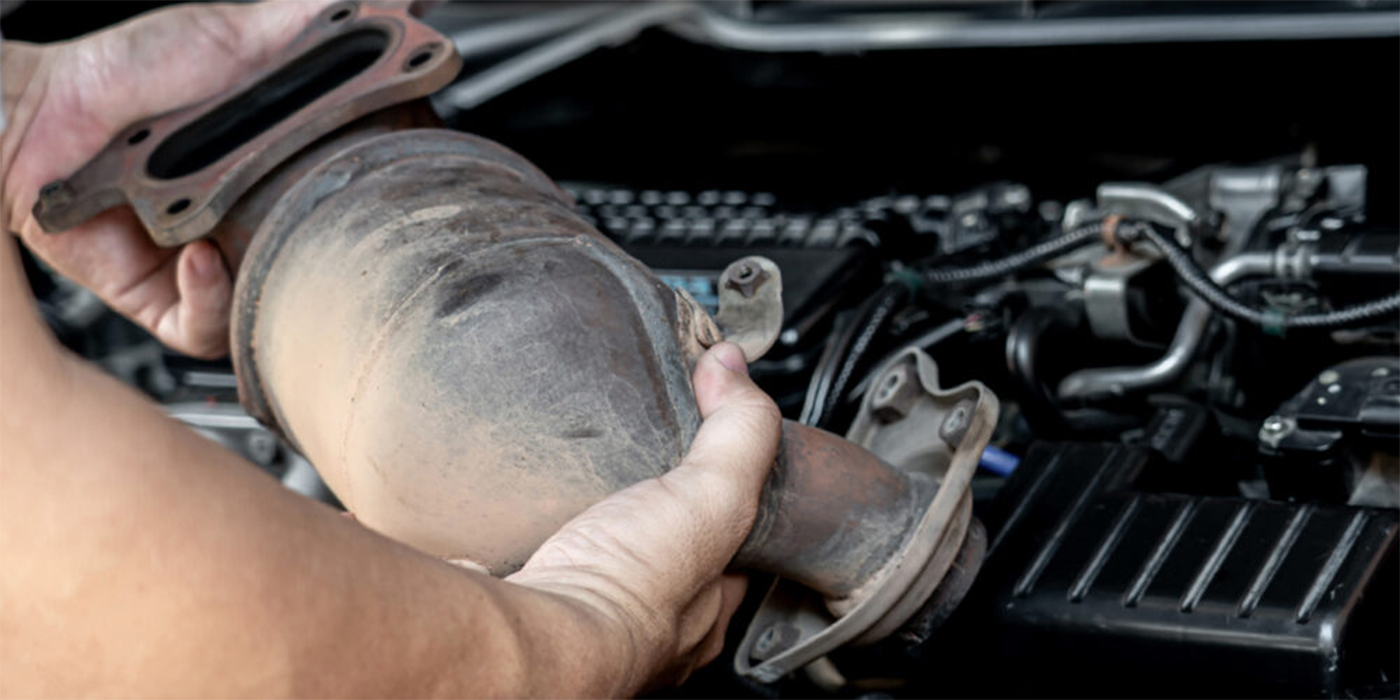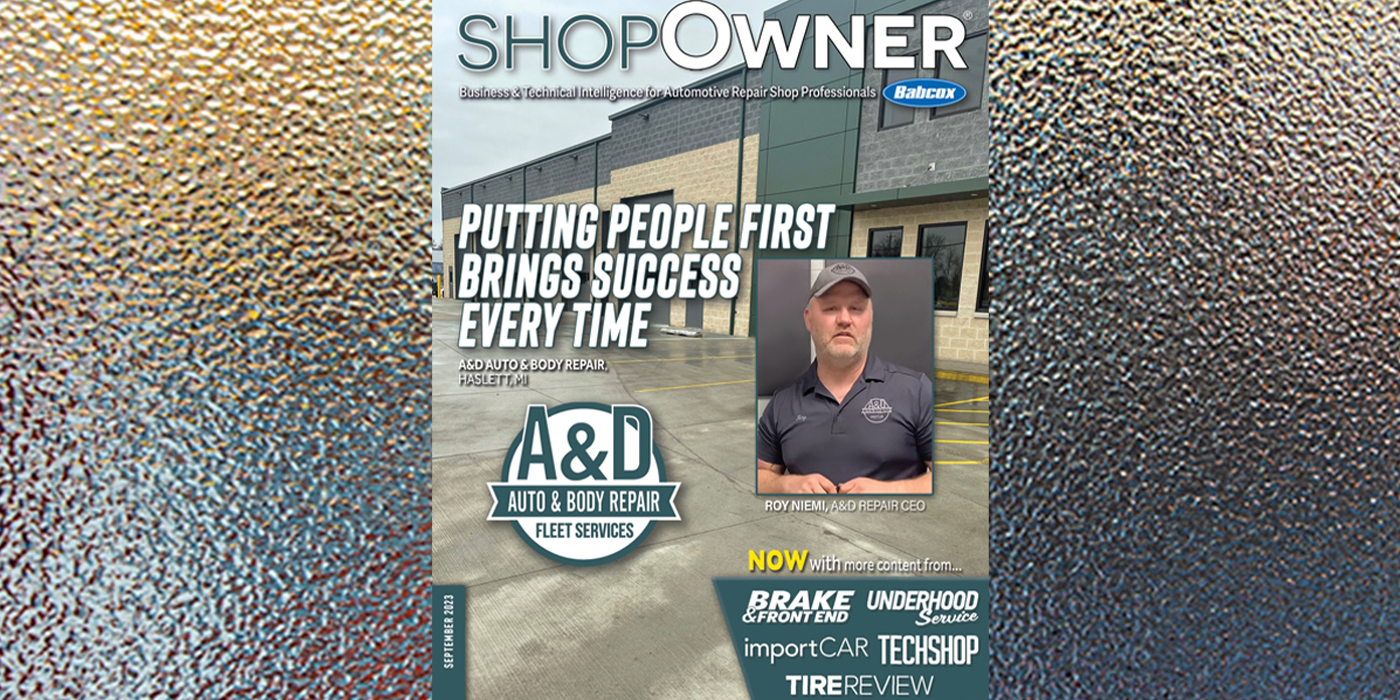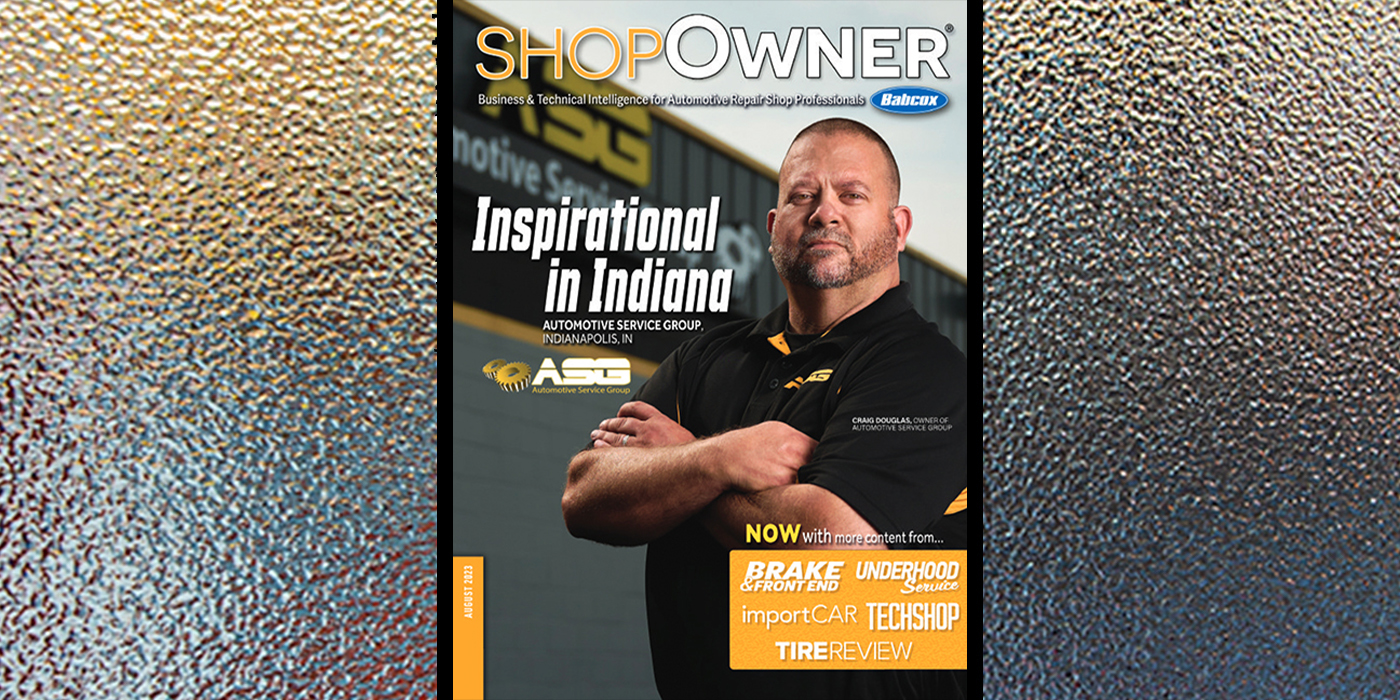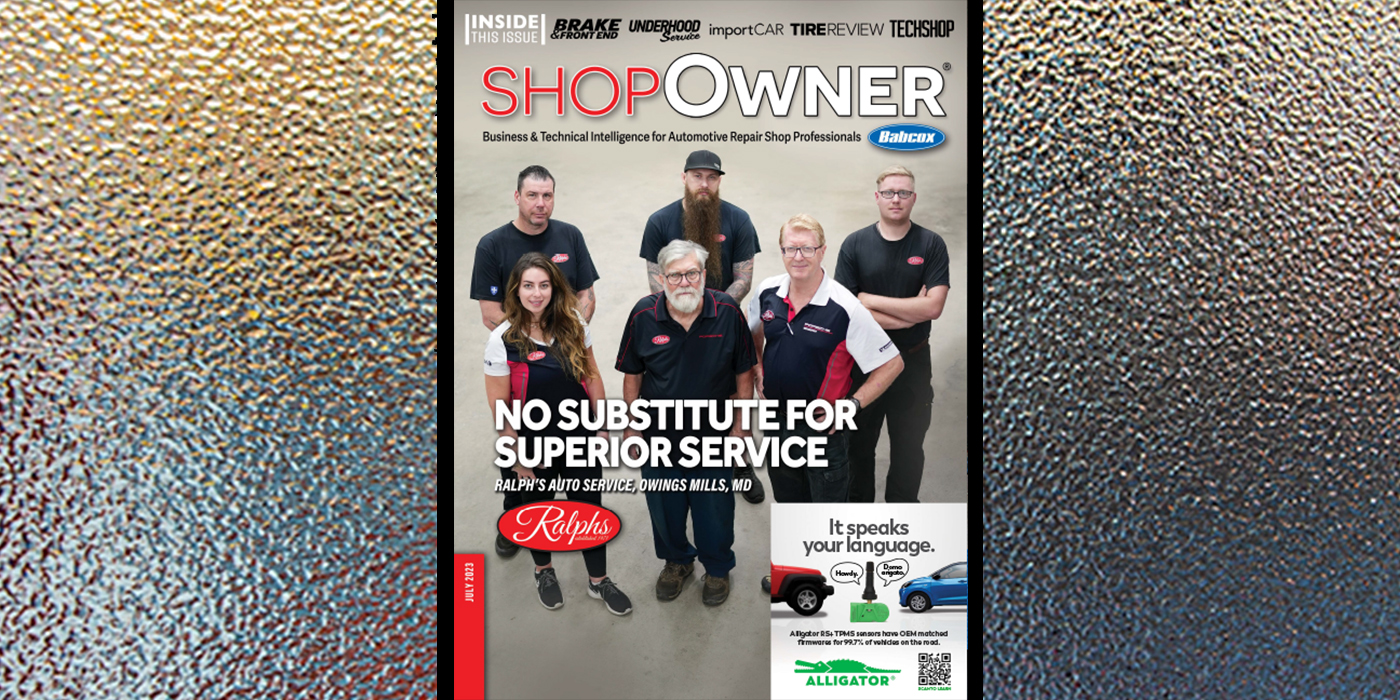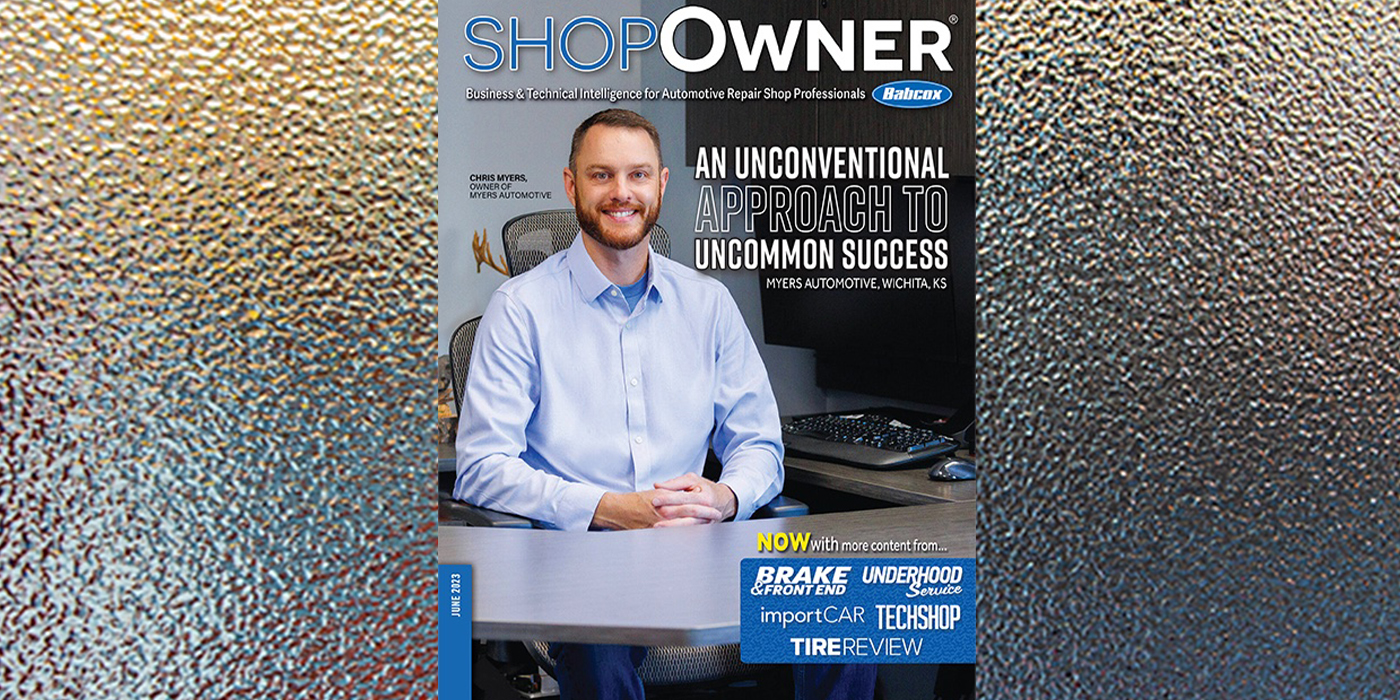From Senior Vice President for a Fortune 500 Company to Shop Owner
The September/October 2013 issue of Shop Owner magazine included a case study of the purchase of a shop in East Falmouth, MA, by Paul Davidson, who spent 27 years as an executive in defense and intelligence, capping his executive career by being a Senior Vice President for a Fortune 500 company in charge of about $100 Million a year.
At that time, Paul said, “I got tired of eating stress for breakfast and decided it was time to retire. But after about three years of retirement, I was pulling my hair out with boredom…just couldn’t take it. And as I watched my retirement fund dwindling, I decided to start looking around for something to buy.”
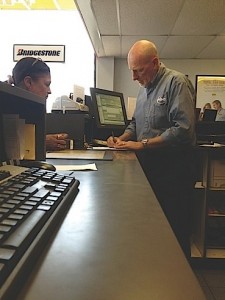
When asked how the stress of owning his own auto service business compares to the stress of his former career, Paul replied, “It’s different. In the business I was in, you live on five-year contracts. If a big contract is lost, you have to lay off 350 people at a time. They’ve got kids and mortgages and there is a lot of stress in that kind of business role. Sure, it’s great when you win one of those big contracts; signing a $100 million contract feels great. But sometimes you lose. I probably spent 60% of my time on the road, which isn’t particularly good for family life. And I just decided it was time to retire. I’ve got a boat, I’d play golf…it’ll be great. Which it is for about a year, maybe a little bit more. But you just can’t go from 60 mph to zero too easily, depending on your personality.”
When Paul was asked how he decided on the automotive service industry as his next business challenge, he replied, “We looked at a few businesses…an ice cream shop, a heating/ventilation/air conditioning company, and a few more. My wife actually found the automotive service opportunity listing on the Internet, so I started doing some research. I even spent a few days across the street at McDonald’s in the parking lot watching the comings and goings at the shop.”
At the time, he continued, “My assessment of this opportunity was that it doesn’t have a tremendous upside. I won’t grow it to five times what it was. But it really doesn’t have a big downside either. So as far as making the decision, we factored in the facts that it was a good location, did good business, with good people…so we decided to take the jump.”
Paul purchased the shop in 2012 and, as a new business owner, achieved impressive increases in sales revenue in subsequent years. He recently said, “We’ve grown revenues every year and have been doing very well until this spring, when times have been tougher, as it has been with many shops. My biggest challenge is recruiting good technicians, which is of course a big problem for the industry. I just hate to turn away business because I don’t have the manpower to handle it.”
His shop has seven employees and Paul has made it a desirable place to work for qualified technicians by offering very competitive healthcare and pension benefits. In addition, his shop pays for training and ASE-certification and has not laid people off in the off-season.
He reiterated the business philosophy that he shared two years ago, “I’m a firm believer, and I was 30 years before this and I’ll remain that way, in being prepared for success. In this business, if you can do that, I think there is good money. Don’t skimp. Buy good equipment, stock all the parts you can, service your customers as the friendliest shop in the neighborhood and they will come back.”
He confirmed his beliefs in the industry by sharing his view with other potential buyers when he said, “From my perspective, there is a new breed of people entering the auto service industry. There is a bright future, you can run your own shop, you can make good money, and you can make a difference if you hire good people.”

